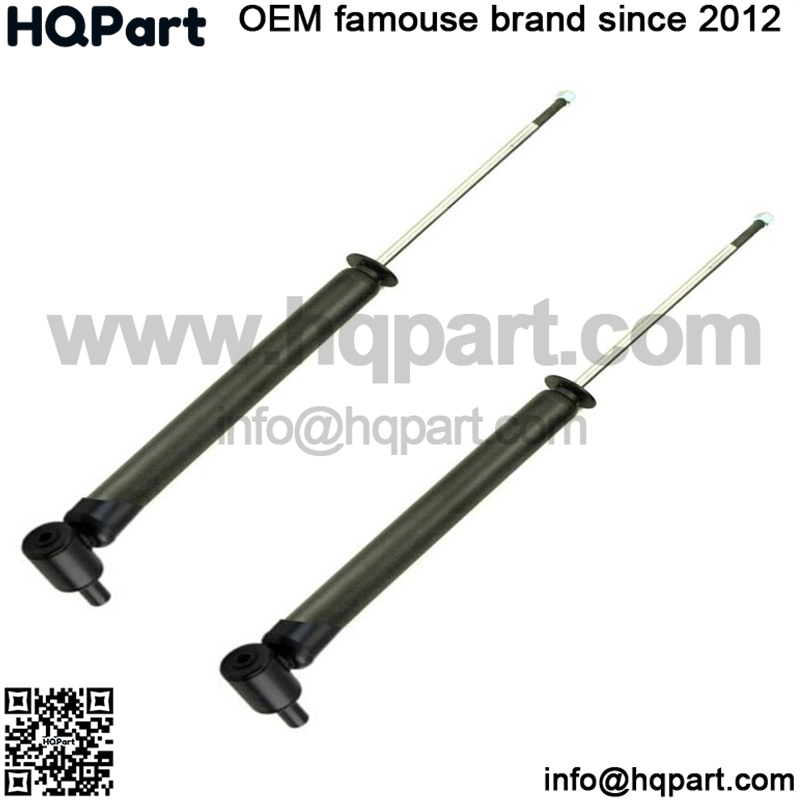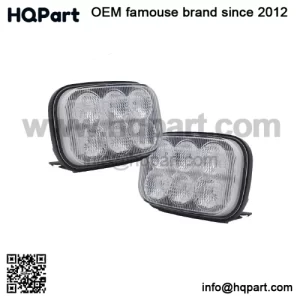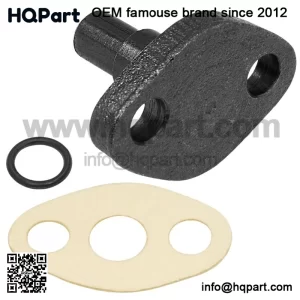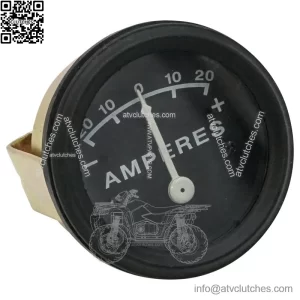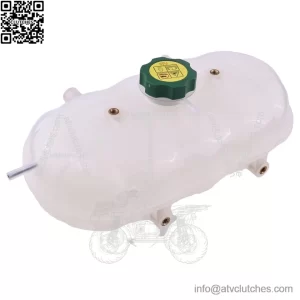2 Rear Shocks Struts for1996 1997 1998 Audi A4, Non Quattro
Brand New Struts/Shocks from a Major Auto Parts Distributor in North America.
O.E. Quality, TS16949 certified
Product Feature
Made to OE quality standards and performance.
High corrosion resistance and long service life. Steel rod is micro-polished with double chrome plate. (0.02mm (-+0.005) chrome lay on the rod surface. All rod surface finished roughness less than 0.08??m.
Newer Valving technology operates in stages based on the velocity of the car.
Use Teflon bonded piston seal to keep friction down and temperature cooler so that valving stays firmer.
All-around welding on the spring seat.
Piston seal is provided by an OE Supplier.
When to replace worn shocks or struts
There are four main reasons that determine when to replace them:
1) To upgrade performance;
2) To restore the vehicle??s designed performance (usually after 50,000 miles);
3) When the vehicle has excessive ride control conditions (i.e. nose dive, body roll, etc.); or
4) When the vehicle has a failed unit (i.e. dripping hydraulic fluid, tire cupping, excessive bounce, etc.).
Testing has shown that original equipment gas-charged shocks and struts degrade measurably by 50,000 miles. For many popular-selling vehicles, replacing these worn shocks and struts can improve the vehicle’s handling characteristics and comfort. Unlike a tire, which rotates a specific number of times per mile, a shock absorber or strut may compress and extend several times per mile on a smooth road, or several hundred times per mile on a very rough road. There are other factors that affect the life of a shock or strut, such as, regional weather conditions, amount and type of road contaminates, driving habits, loading of the vehicle, tire / wheel modifications, and the general mechanical condition of the suspension and tires.
Why replace worn shocks or struts
Performance degrades slowly over time. When shocks and struts aren’t controlling the tire and body movement very well due to wear, all ride control conditions are affected. Stopping ability will be reduced. The vehicle’s stability, handling and control abilities all become reduced so the driver will have to compensate or drive more slowly to maintain control. Tire performance is reduced and because of excessive movement, all other attached steering & suspension components are affected.
Product categories
- ATV Parts (8849)
- auto parts (272)
- Bicycle Parts (94)
- Car Parts (5610)
- CV Axle (700)
- Drift Trike Parts (10)
- Drive Clutch (1374)
- Clutch Accessories (911)
- Clutch Kits (209)
- Drive Clutch (152)
- Driven Clutch (102)
- Garden Parts (37)
- Go Kart Parts (400)
- Golf Cart Parts (4130)
- GY6-50CC Motorcyle Parts (424)
- Lawn Mower Parts (8539)
- Minibike Parts (532)
- Motorboat Parts (134)
- Motorcycle Parts (6046)
- OEM Parts (1415)
- Other Parts (604)
- Pickup Trucks (61)
- Scooter Parts (542)
- Snow Removal (290)
- Snowmobile Parts (871)
- Torque Converter 30 Series (13)
- Torque Converter 40 Series (5)
- Tracor Parts (22)
- Tractor & Trailer Parts (6)
- Tractor Parts (1438)
- Trailer (262)
- Truck (30)
- Uncategories (3)
- UTV Parts (2848)
Product tags
Air Filter
Axle
Ball Joint
Belt
Bracket
Brake cable
brake disc
brake disk
Brake Pads
Bushing
bushing block
Carburetor
car lamp
car light
centrifugal clutch
Clutch
clutch cable
dipstick
disc-brake
Disc Brakes
disk brake
Drive Belt
electromagnetic valve
front fork
Gasket
holder
John Deere shock
Lamps
Lift Kit
lights
liner bushing
lining
lowering kit
protective cover
Seat
shaft
Shock Absorber
sleeve bushing
Solenoid
solenoid valve
Switch
Throttle Cable
Tool
Washer
Water Pump
